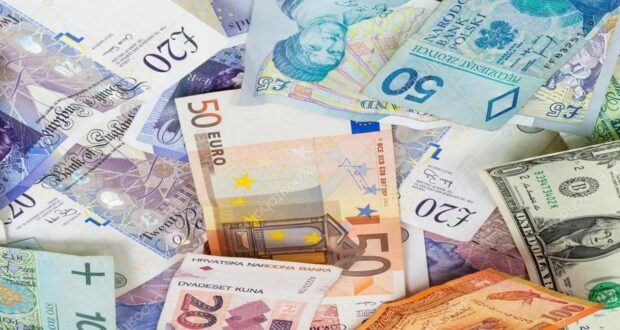
Recently, the currencies of developing countries have attracted more and more attention of traders. Being quite volatile, investments in stocks or currencies can still bring significant income, which is not lower than if a trader invested his finances in stocks of large companies or the currencies of developed countries.
For example, when investing in the stock markets of Hong Kong, South Africa or Singapore, the profit may be several times higher than the return on similar investments in the markets of America and Europe. When interest in the stock markets of developing countries increases, this, in turn, increases the demand for their national currencies: the Hong Kong dollar, the Singapore dollar, the South African rand from both hedge funds and private speculators trading in the Forex market.
Trading currencies of developing countries
The behavior of the exchange rates of developing countries is similar to the behavior of the currencies of other countries. One of the main factors affecting the state of the foreign exchange markets of developing countries is the policy of the authorities, as well as external and other internal political factors. Therefore, we recommend that traders who start trading with the currencies of developing countries use the experience gained in trading currencies of other countries of the world.
Foreign exchange policy
Control over the monetary systems of developing countries is exercised by the central banks of these countries. Thus, in some of them, the exchange rate is stabilized relative to the currency basket of partner countries with which trade and economic relations are conducted. The presence of a weighted currency basket allows us to protect the national currency from sharp fluctuations and surges in the stock market. True, in recent years, the main interest of countries has been directed not at creating a stable basket, but at changing interest rates. In Mexico and South Africa, as in America, rates began to change depending on the general level of industrial production and consumer prices.
Monetary policies prevail in Singapore and Hong Kong are different from those in Mexico and South Africa. The national currency of these countries is tied to the US dollar, which eliminates the need for central bank intervention in managing the exchange rate.
In Hong Kong, since 1993, an administrative and credit system has been operating, which is designed to stabilize the banking sector, and not direct efforts to the growth of the country’s economy as a whole.
A similar system operates in Singapore. The exchange rate of the national currency is supported by a controlled currency basket, the exact content of which is carefully hidden. However, there are suggestions that it includes euros, US dollars, as well as Chinese yuan, Malaysian ringgit and Japanese yen.
Such a monetary policy allows to keep the rates of Asian currencies in a rather narrow corridor, that is, daily fluctuations rarely exceed 30-50 points during the day.
Ranges and volatility
The currencies of developing countries, like other world currencies, correspond to the periods of time when their volatility and liquidity is maximum. The exchange rate is growing in a pattern similar to the growth of the British pound sterling, the price of which is higher at the opening of the London Stock Exchange, and gradually decreases along with a decrease in trading activity (Asian stock exchange opening hours). South African Rands have a higher price when the London Stock Exchange is open and lower when the afternoon US trading session begins. But the Hong Kong dollar rate depends little on world trading sessions, since this currency is not an object of massive speculation.
